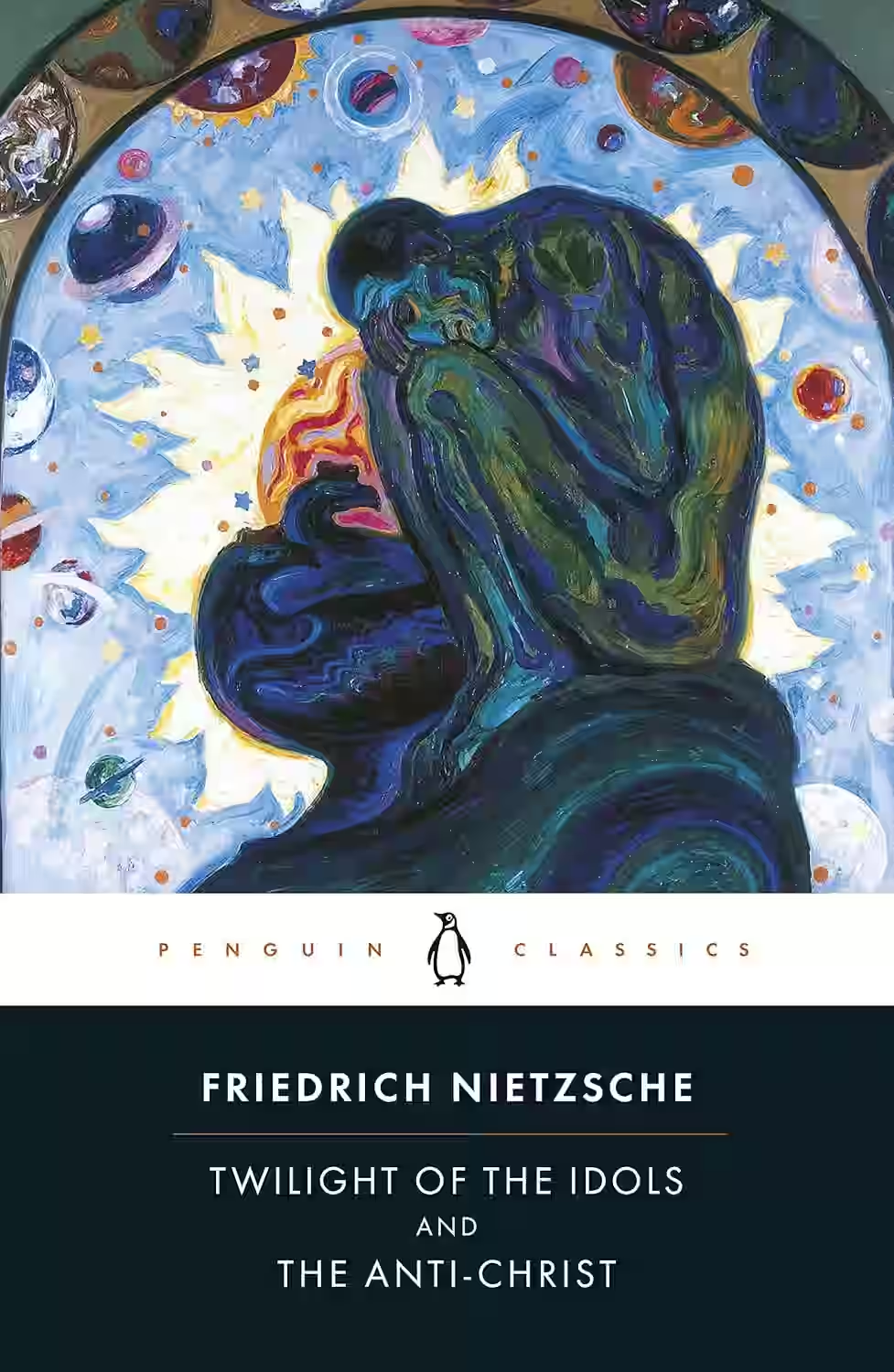
Friedrich Nietzsche's 'The Anti-Christ' is a provocative and critical exploration of Christianity, morality, and the nature of religion. In this philosophical work, Nietzsche delves into his disdain for organized religion and the concept of God, arguing that Christianity has been detrimental to humanity's progress and self-realization. He challenges traditional Christian values and presents his vision of a new philosophy centered on individualism, strength, and the rejection of herd mentality. With his signature bold and confrontational style, Nietzsche forces readers to question their beliefs and confront the contradictions inherent in religious dogma. 'The Anti-Christ' remains a seminal work in Nietzsche's oeuvre, paving the way for existentialist and atheistic philosophies.
About Friedrich Nietzsche
A German philosopher, cultural critic, poet, and composer, whose work profoundly influenced Western philosophy and intellectual thought. His writings, including Thus Spoke Zarathustra and Beyond Good and Evil, challenged traditional morality, religion, and scientific truth, advocating for individual self-overcoming, the "will to power," and the revaluation of values. Nietzsche's provocative ideas continue to spark debate and inspire intellectual inquiry.
Other Books by Friedrich Nietzsche
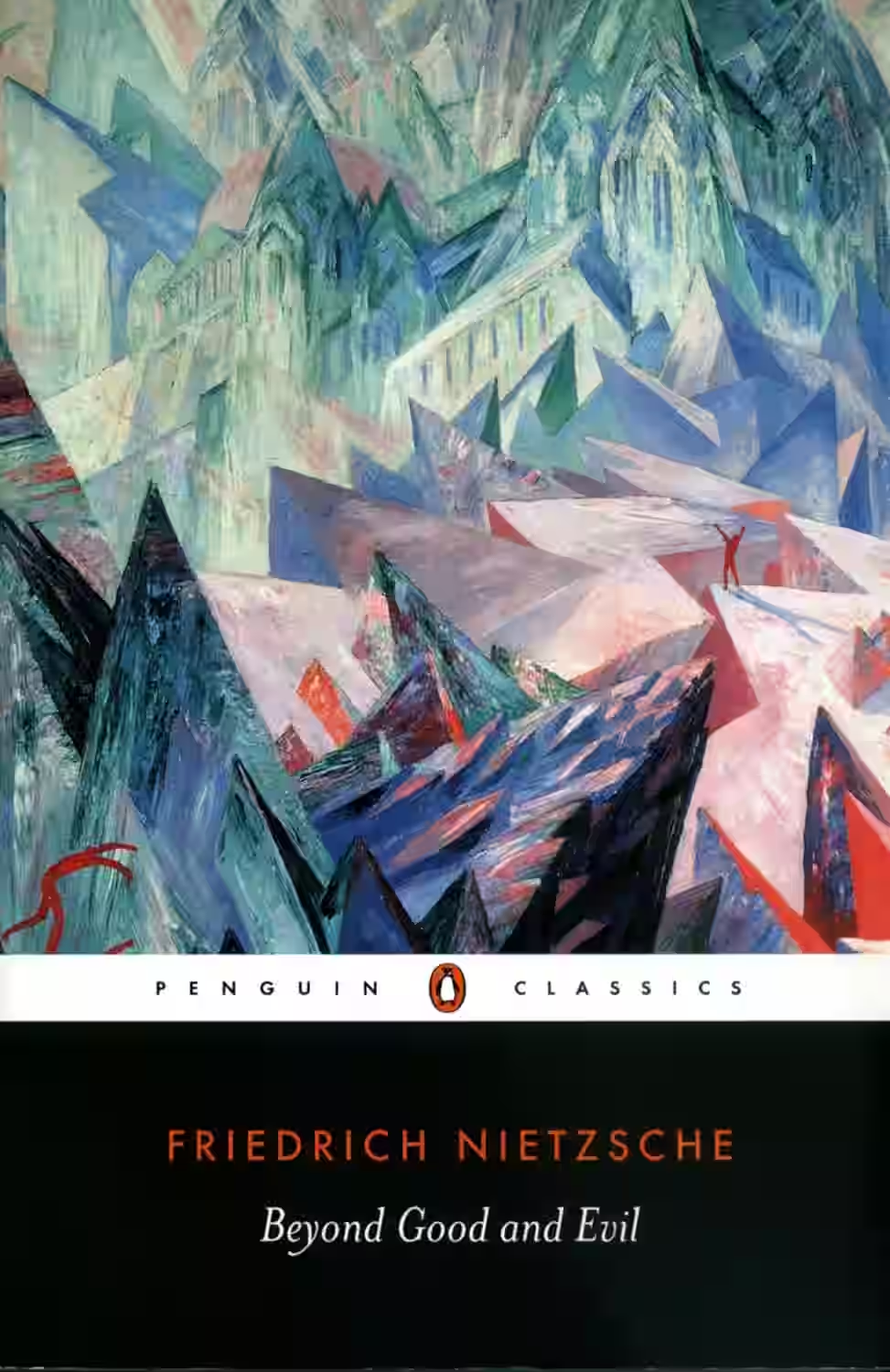
Beyond Good & Evil
Beyond Good & Evil is a seminal work of philosophy by Friedrich Nietzsche that critiques traditional morality and explores concepts of power, will, and the individual's potential for self-overcoming. Nietzsche challenges conventional notions of good and evil, urging a re-evaluation of values and the affirmation of life's complexities.
Similar Books
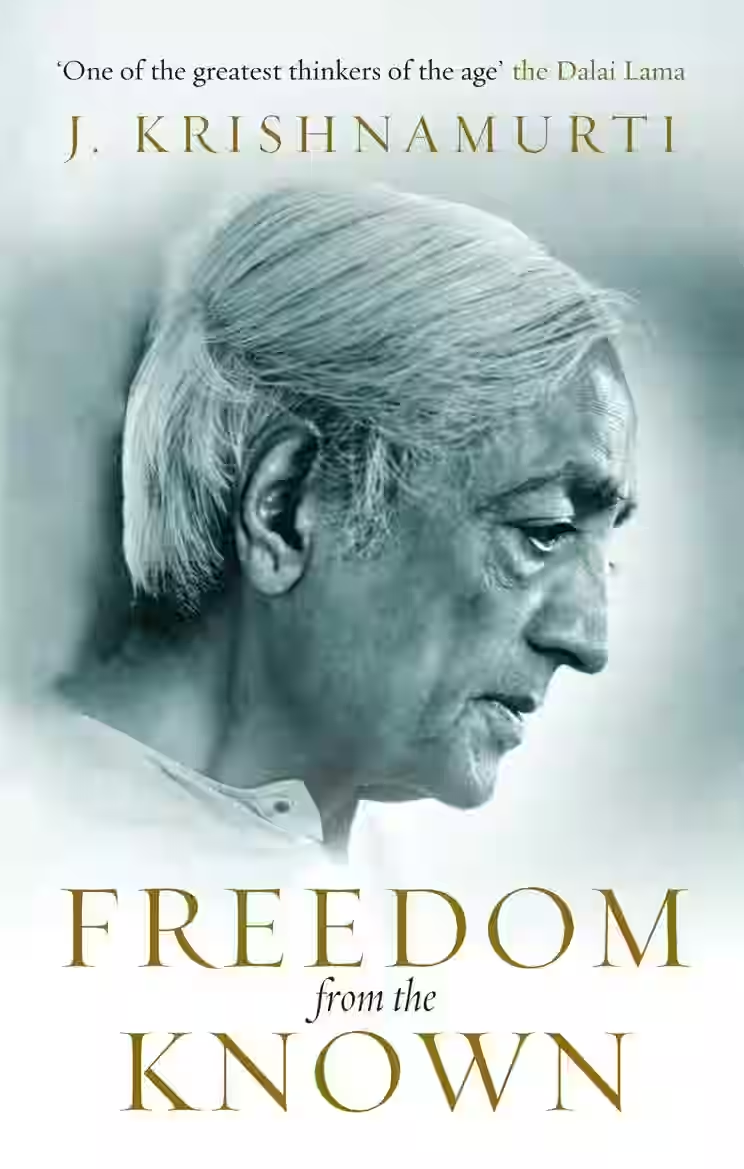
Freedom from the Known
In 'Freedom from the Known,' J. Krishnamurti delves into the deep-rooted human desire for security and certainty, challenging readers to question established beliefs and ideologies to discover true freedom and inner peace. Through profound insights and philosophical reflections, Krishnamurti encourages introspection and self-inquiry as pathways to liberation from psychological conditioning and societal constraints. His emphasis on living in the present moment and embracing change fosters a profound shift in consciousness, offering a fresh perspective on relationships, spirituality, and personal growth. This timeless work serves as a guide for individuals seeking self-realization and a deeper understanding of the complexities of the human mind.
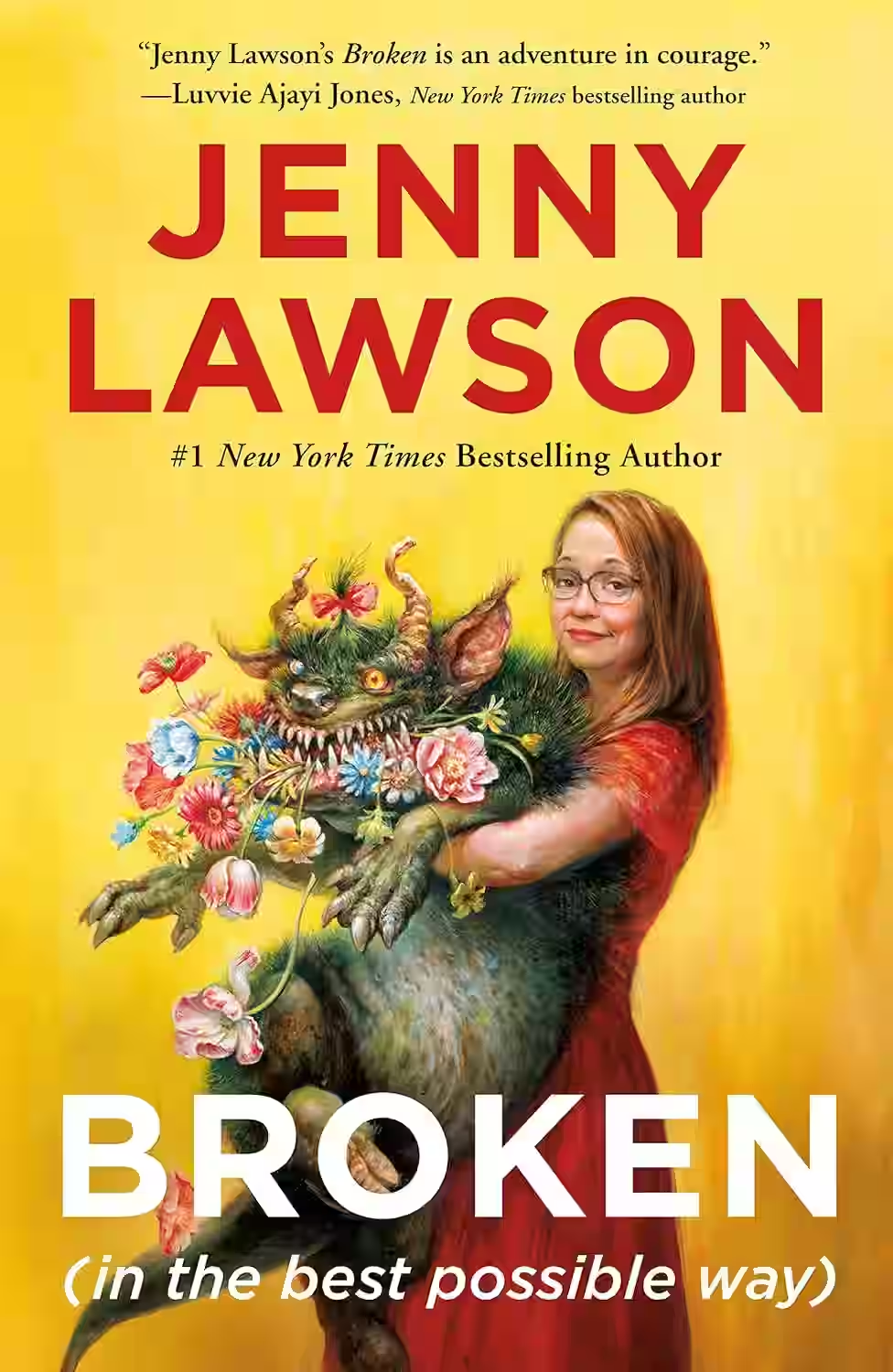
Broken (in the Best Possible Way)
by Jenny Lawson
Jenny Lawson's "Broken (in the Best Possible Way)" is a hilariously raw and deeply personal collection of essays that navigate the complexities of mental illness with wit and vulnerability. Through her trademark humor and candid storytelling, Lawson takes readers on a journey through her own struggles with anxiety and depression, offering insight and comfort along the way. From quirky anecdotes to profound reflections on life's challenges, this book is a poignant reminder that brokenness can coexist with beauty and strength. A blend of poignancy and laughter, Lawson's writing resonates with readers, reminding them that it's okay to not be okay.
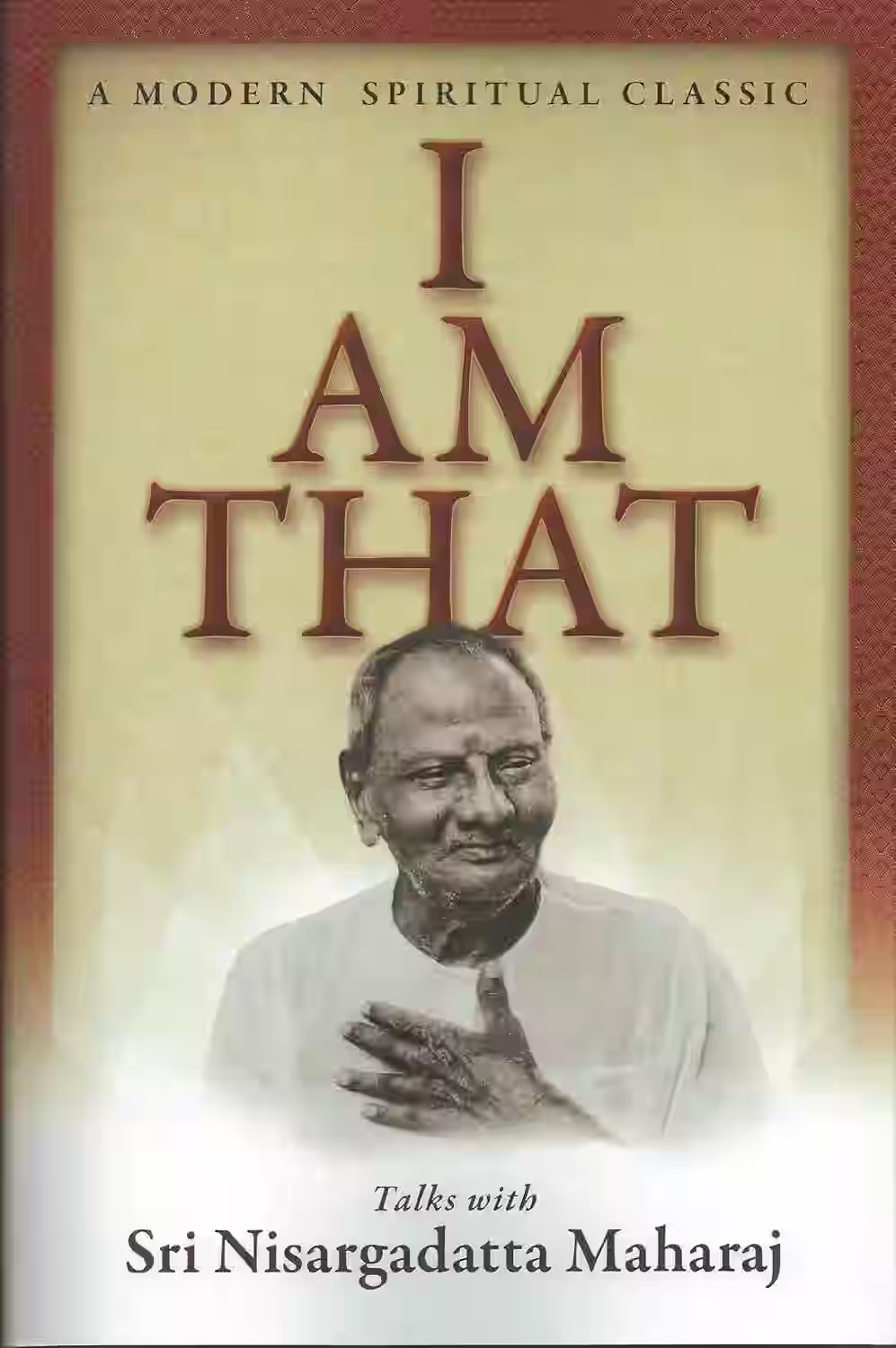
I Am That
In 'I Am That' by Sri Nisargadatta Maharaj, readers are offered profound insights into the nature of existence, consciousness, and the self. Through a series of dialogues, Maharaj challenges common perceptions and delves deep into the concept of 'I am', urging readers to explore their true essence beyond the limitations of the ego. The book invites contemplation on the interconnectedness of all things and the illusory nature of individual identity. Maharaj's teachings resonate with spirituality and philosophy enthusiasts alike, guiding them towards a deeper understanding of reality and self-realization.
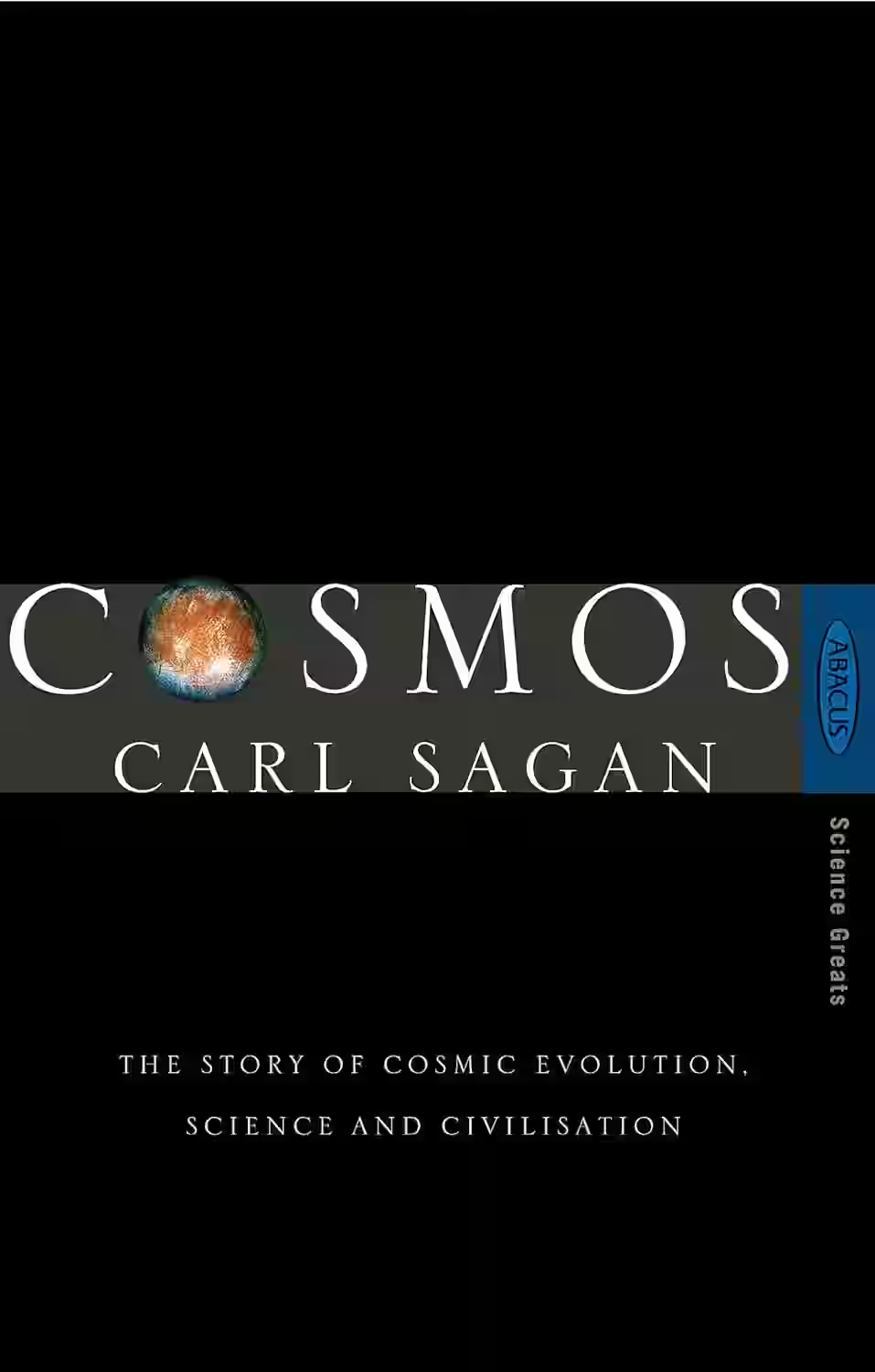
Cosmos
by Carl Sagan
In Carl Sagan's 'Cosmos', readers embark on a thrilling journey through the vast cosmos, exploring the wonders of our universe and humanity's place within it. With profound insight and poetic prose, Sagan delves into topics like space exploration, evolution, and the origins of life, bridging science and philosophy seamlessly. Through this masterpiece, he ignites a sense of curiosity and awe, urging us to ponder our existence and the mysteries of the cosmos. 'Cosmos' not only educates but also inspires readers to embrace science and reason, fostering a greater appreciation for the interconnectedness of all things.